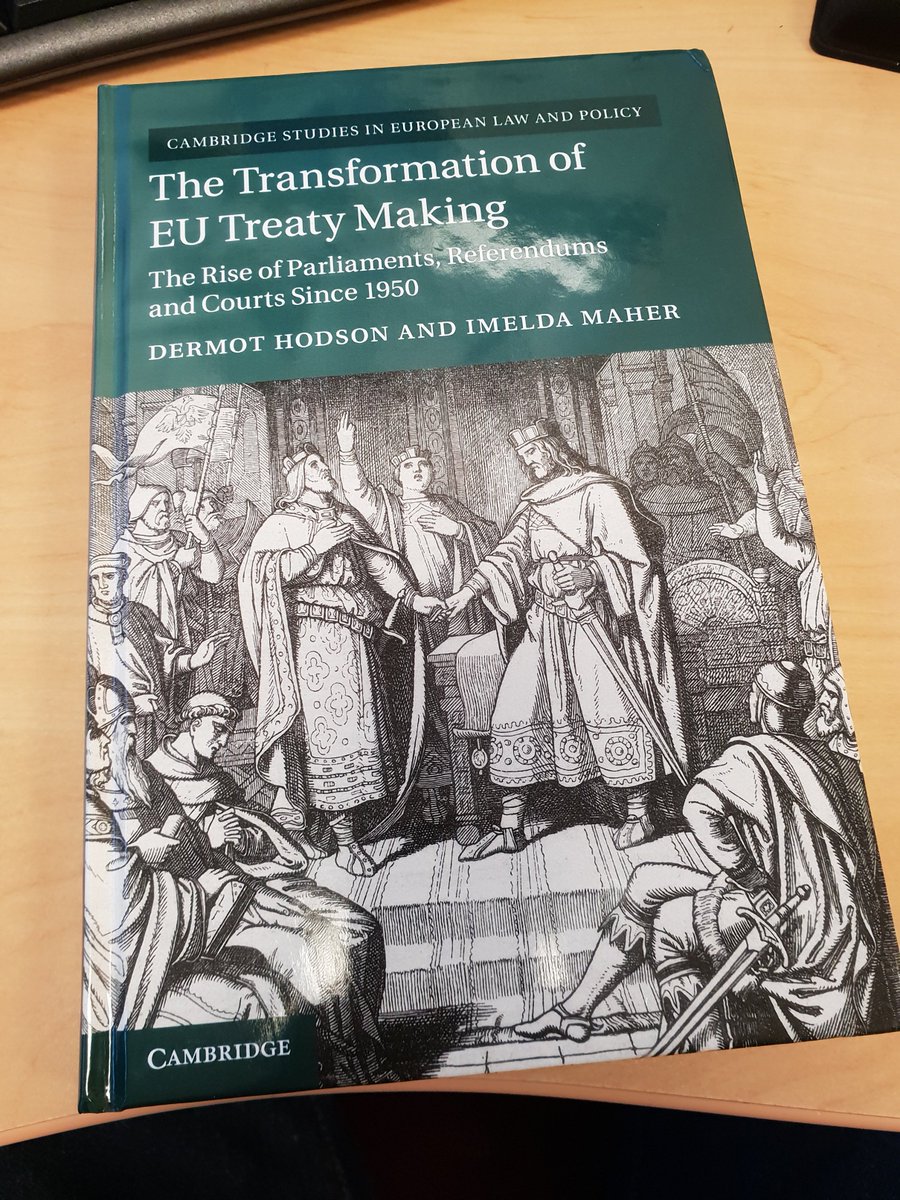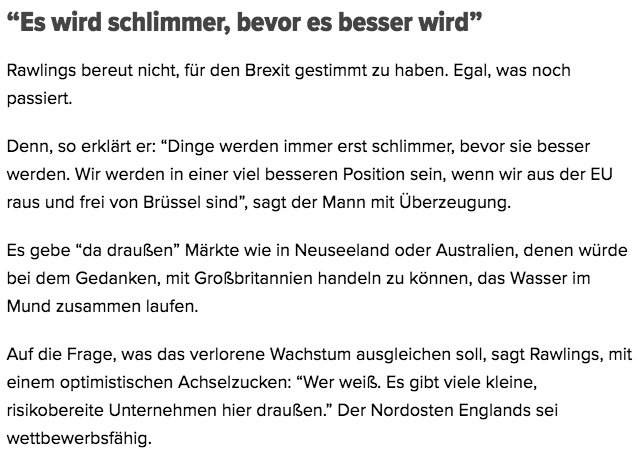1/
2/
3/
4/
Their marriage of territory and community is mutually-reinforcing and beneficial, which is why they predominate
5/
6/
We go from tribes, to cities, to states, and then to international and global governance
7/
8/
9/
Is it about exposing the limits to supranational governance, or exposing the limits of what states can do outside that movement?
10/
But we can make a couple of comments right now
11/
Instead, they are macro trends, with lots of scope for variation
12/
13/
Instead, we have the power to make choices, to guide where we want to go
14/
And that's down to all of us to do
15/
/end



